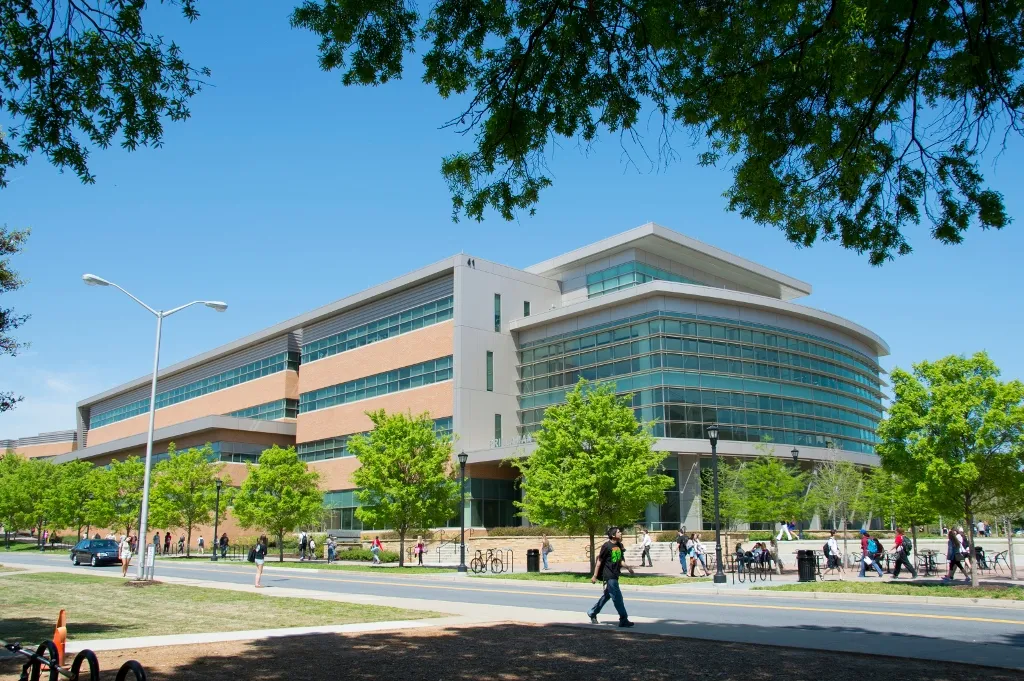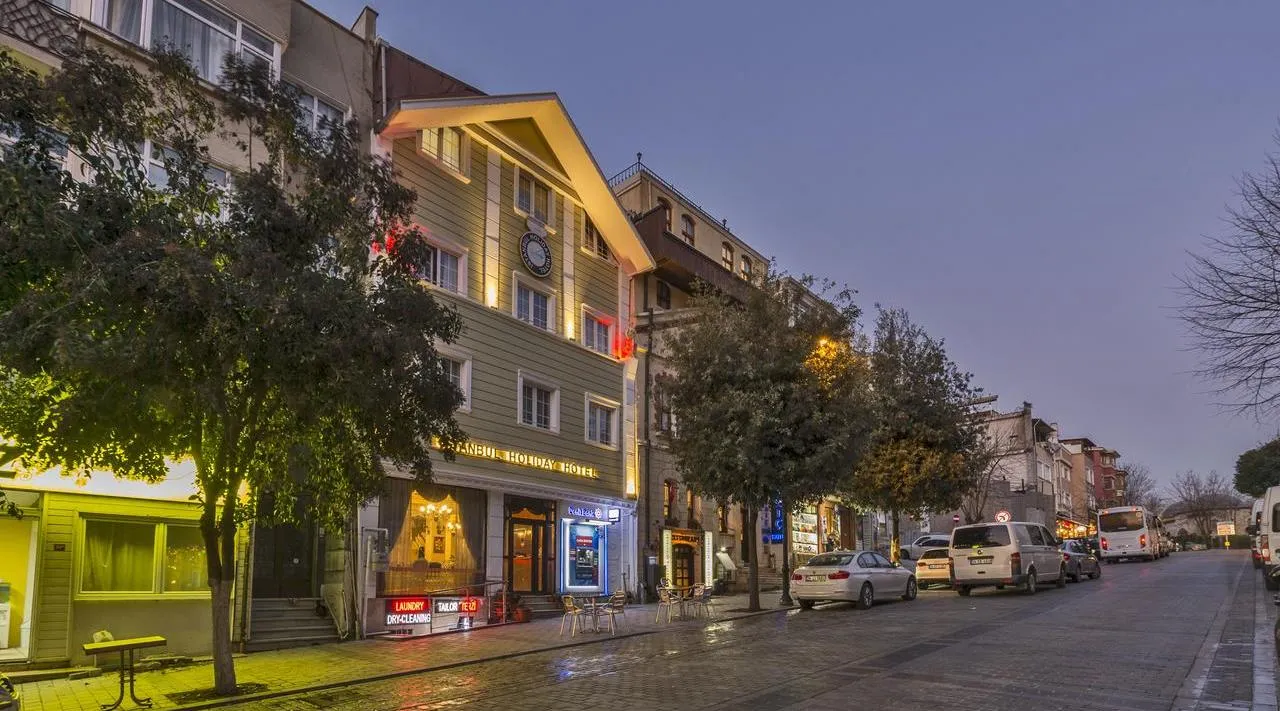Understanding Plantar Fasciitis: The Source of Your Heel Pain
Before we dive into the solution, it’s important to understand the problem. Think of the plantar fascia as a thick, powerful, bowstring-like ligament running along the bottom of your foot. It connects your heel bone to your toes and is responsible for supporting the arch and absorbing the shock of every step you take.
Plantar Fasciitis occurs when this ligament becomes overstressed and inflamed. Repetitive strain from activities like running, standing for long hours, wearing unsupportive footwear, or underlying biomechanical issues can cause tiny micro-tears in the fascia. The body’s inflammatory response to these tears is what causes the intense pain. If you’re experiencing the following symptoms, it’s time to seek a a professional opinion for your heel pain:
- A sharp, stabbing pain near the heel, most severe with your first steps in the morning or after periods of rest.
- Pain that tends to decrease during the day but flares up again after long periods of standing or intense activity.
- Noticeable tenderness on the bottom of your heel when pressure is applied.
What is Interferential Therapy (IFT)? A Modern Approach to Pain Relief
So, how do we tackle this deep-seated inflammation? One of the most effective tools in modern physiotherapy is Interferential Therapy (IFT). IFT physiotherapy is a non-invasive and drug-free treatment that uses controlled electrical currents to reduce pain, decrease swelling, and stimulate healing in deep tissues.
Here’s a simple explanation of how does IFT work: The IFT machine generates two separate medium-frequency electrical currents. Your physiotherapist places four electrode pads on the skin around the painful area in a crisscross pattern. Where these two currents intersect deep within the tissue, they “interfere” with each other to create a new, therapeutic, low-frequency current.
This interference effect is the key. It allows the healing current to penetrate deeper into the injured plantar fascia with minimal discomfort on the skin’s surface, making it more effective and comfortable than older electrotherapy units. The primary goals of IFT are to provide rapid heel pain relief, reduce inflammation, and improve blood flow to accelerate your body's natural recovery process.
How IFT Specifically Targets Plantar Fasciitis Pain
This technology is perfectly suited for treating the unique challenges of Plantar Fasciitis. Here’s a breakdown of how Interferential Therapy IFT for Plantar Fasciitis provides targeted relief and promotes healing.
Blocks Pain Signals (Pain Gate Theory)
The electrical stimulation from the IFT travels along sensory nerves much faster than pain signals do. By reaching the spinal cord first, these sensations effectively "close the gate" on pain messages trying to reach the brain. This provides immediate, noticeable pain relief during and after the session.
Reduces Swelling and Inflammation
The oscillating nature of the interferential current produces a micro-massage effect at a cellular level. This gentle pumping action helps to disperse excess fluid and inflammatory byproducts that have accumulated around the inflamed plantar fascia, significantly reducing swelling and pressure.
Boosts Blood Circulation
To heal, injured tissues need a fresh supply of oxygen and nutrients. The IFT current stimulates vasodilation, which means it widens the blood vessels in the treatment area. This enhanced circulation delivers the essential building blocks for repair directly to the micro-tears in the ligament, accelerating the healing process.
Stimulates Natural Painkillers (Endorphins)
The low-frequency stimulation can also trigger the pituitary gland and spinal cord to release endorphins—your body’s own natural pain-relieving chemicals. This provides a longer-lasting feeling of comfort and well-being even after your treatment session has ended.
What to Expect During Your IFT Session at Physiotattva
If you're considering physiotherapy for heel pain, knowing what to expect can ease any apprehension. At Physiotattva, your comfort and recovery are our priorities. A typical IFT appointment follows a clear, professional process:
- Expert Assessment: Your journey begins with a comprehensive evaluation by one of our expert physiotherapists at our Physiotattva Bangalore or Physiotattva Hyderabad clinics. We’ll confirm your diagnosis, identify the root causes of your Plantar Fasciitis, and determine if IFT is the right modality for you.
- The Procedure: During the treatment, you will sit or lie in a comfortable position. Your therapist will place four self-adhesive electrode pads on the skin around your heel and arch.
- The Sensation: The therapist will gradually increase the intensity on the IFT machine. You will feel a mild, comfortable tingling or "pins and needles" sensation. This non-invasive foot pain treatment is not painful.
- Session Duration: A typical IFT session for Plantar Fasciitis lasts between 15 and 20 minutes.
- A Comprehensive Plan: It's crucial to understand that IFT is one powerful part of a holistic Plantar Fasciitis treatment plan. We integrate it with manual therapy, targeted stretching, strengthening exercises, and footwear advice to ensure a full, lasting recovery.
Step Into Comfort Again with Expert IFT Treatment at Physiotattva
Plantar Fasciitis can make even routine tasks feel overwhelming, but lasting relief is absolutely possible with the right approach. Interferential Therapy (IFT) offers a gentle yet highly effective way to ease pain, calm inflammation, and support deep tissue healing, helping you regain confidence with every step. When used as part of a structured physiotherapy program, it not only soothes your immediate discomfort but also promotes long-term recovery by improving circulation, reducing stiffness, and supporting ligament repair.
We combine the precision of IFT with evidence-based manual therapy, mobility exercises, and strengthening routines tailored specifically to your condition. Our expert physiotherapists guide you through each phase of treatment, ensuring you progress safely and steadily toward full recovery.
At Physiotattva physiotherapy clinics in Bangalore and Hyderabad, you receive personalised care tailored to your specific needs, ensuring effective results and comfort throughout your journey to recovery.
Don’t wait to start your recovery! Get in touch with Physiotattva for more details! Contact us at +91 89510 47001.






.webp)







%20(1)-p-3200.jpeg)


.jpg)
.webp)
.webp)
.webp)



